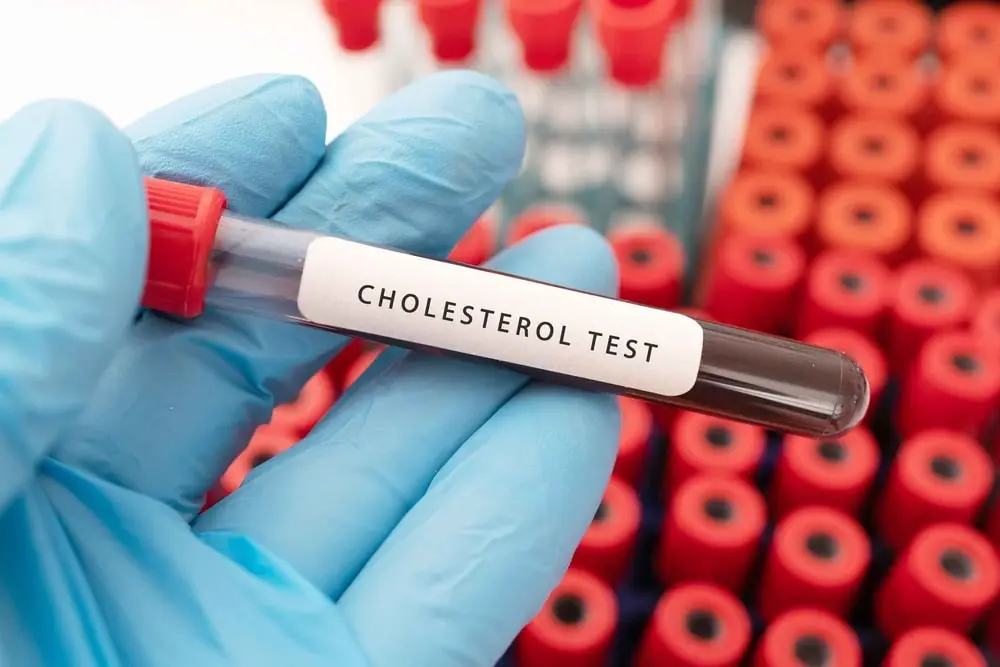Maintaining good heart health is essential, and one of the most effective ways to prevent heart disease is through regular cholesterol testing. High cholesterol is a major risk factor for cardiovascular diseases such as heart attacks and strokes. Routine checks can help identify problems early, allowing you to take steps toward healthier living.
Here’s a comprehensive look at the role of cholesterol testing in heart disease prevention and how regular health checks can safeguard your well-being.
Why Is Cholesterol Important?
Cholesterol is a fatty substance found in your blood, necessary for building cells and producing hormones. However, too much cholesterol can lead to serious health problems.
- Low-Density Lipoprotein (LDL): Often called “bad cholesterol,” high levels of LDL can cause plaque to build up in the arteries, increasing the risk of heart disease and stroke.
- High-Density Lipoprotein (HDL): Known as “good cholesterol,” HDL helps remove LDL cholesterol from the bloodstream, lowering your risk of heart disease.
Maintaining a balance between these two types of cholesterol is key to cardiovascular health.
The Role of Cholesterol Testing
1. Early Detection of High Cholesterol
Many people with high cholesterol levels don’t experience symptoms, making regular testing essential for early detection. A simple blood test, often part of a regular health check, measures:
- Total cholesterol
- LDL cholesterol
- HDL cholesterol
- Triglycerides (another type of fat in the blood)
2. Assessing Heart Disease Risk
Cholesterol testing helps identify individuals at a higher risk of developing heart disease, especially when combined with other factors like:
- High blood pressure
- Diabetes
- Smoking
- Obesity
- Family history of cardiovascular disease
3. Monitoring Treatment Progress
For those on cholesterol-lowering medications or lifestyle interventions, regular tests help track progress and ensure the treatment plan is effective.
Heart Disease Prevention Through Cholesterol Testing
Routine cholesterol testing is a critical part of preventing heart disease. Here’s how it helps:
1. Identifying At-Risk Individuals
Regular tests can highlight high cholesterol levels before they lead to more severe problems, giving you time to address the issue.
2. Encouraging Lifestyle Changes
Results from cholesterol tests often motivate people to adopt healthier habits, such as:
- Eating a heart-healthy diet rich in fruits, vegetables, whole grains, and lean proteins
- Reducing intake of saturated and trans fats
- Exercising regularly
- Avoiding smoking and excessive alcohol consumption
3. Personalizing Treatment Plans
For individuals at high risk, cholesterol testing allows healthcare providers to tailor treatment plans, which may include:
- Medications: Such as statins or other cholesterol-lowering drugs
- Dietary Changes: Incorporating foods that lower cholesterol naturally, like oats and nuts
- Regular Monitoring: Frequent testing ensures treatment is on track
When Should You Get a Cholesterol Test?
General Guidelines:
- Adults aged 20 or older should have their cholesterol checked every 4–6 years.
- People with risk factors like diabetes, obesity, or a family history of heart disease should get tested more frequently.
Cholesterol Testing for Heart Disease Prevention
- Regular Health Checks: Annual or biennial tests can help you stay on top of your cholesterol levels.
- Specific Concerns: If you experience symptoms such as chest pain, shortness of breath, or fatigue, your doctor may recommend an immediate test.
Understanding Cholesterol Test Results
Key Metrics:
- Total Cholesterol: Less than 200 mg/dL is considered desirable.
- LDL Cholesterol: Below 100 mg/dL is optimal.
- HDL Cholesterol: Higher than 60 mg/dL is protective.
- Triglycerides: Below 150 mg/dL is normal.
What Results Mean:
- Normal Levels: Indicate low risk of heart disease, but lifestyle habits should still focus on prevention.
- Borderline High Levels: May require diet and lifestyle changes.
- High Levels: Typically require medication and lifestyle modifications to reduce risk.
The Link Between Cholesterol and Heart Disease
Elevated cholesterol levels contribute to plaque buildup in the arteries (atherosclerosis), narrowing them and reducing blood flow. Over time, this increases the risk of:
- Heart Attacks: Caused by blocked blood flow to the heart.
- Strokes: Resulting from reduced blood flow to the brain.
- Peripheral Artery Disease (PAD): Plaque buildup in arteries of the legs or arms.
Steps to Prevent High Cholesterol
- Follow a Heart-Healthy Diet:
- Emphasize vegetables, fruits, whole grains, and healthy fats like olive oil.
- Limit saturated fats, found in red meat and full-fat dairy.
- Avoid trans fats in processed foods.
- Stay Physically Active:
- Aim for at least 150 minutes of moderate-intensity exercise weekly, such as brisk walking, cycling, or swimming.
- Maintain a Healthy Weight:
- Obesity is a significant risk factor for high cholesterol.
- Avoid Smoking and Limit Alcohol:
- Smoking lowers HDL (good cholesterol), while excessive alcohol can raise triglyceride levels.
- Manage Stress:
- Chronic stress may indirectly affect cholesterol levels by encouraging unhealthy behaviors.
Conclusion: Make Cholesterol Testing a Priority
Regular cholesterol testing is a cornerstone of heart disease prevention, helping you stay informed and proactive about your cardiovascular health. By combining regular health checks with a heart-healthy lifestyle, you can significantly lower your risk of heart disease and enjoy better overall well-being.
Schedule your cholesterol test today and take the first step toward a healthier heart!



